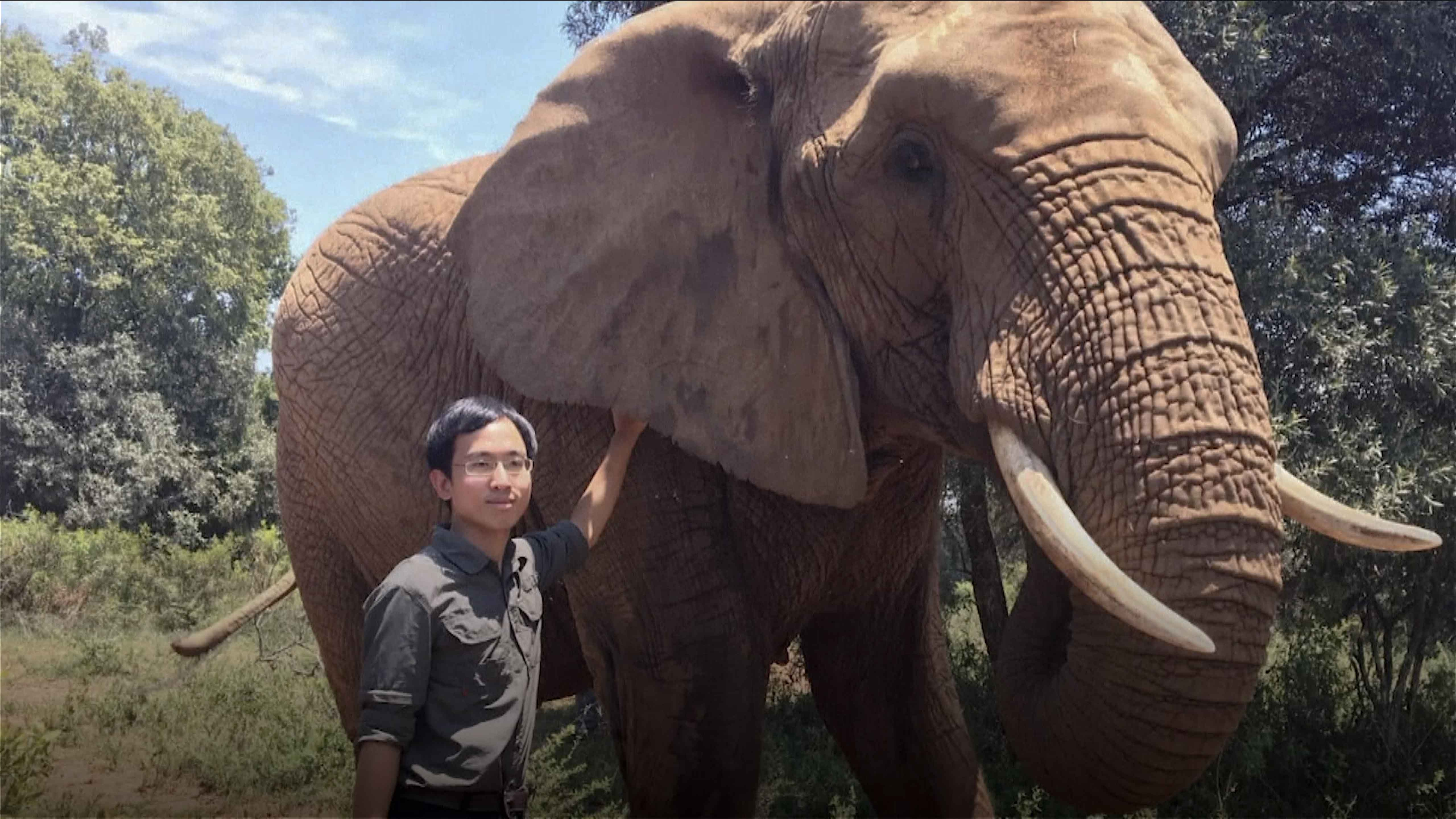
Story
10:59, 06-May-2019
Wildlife activist on China's role in solving illegal wildlife trade
CGTN
01:52

Wildlife activist Huang Hongxiang first learned about elephant poaching in 2013. In the years since then, he's dedicated himself to fighting the illegal wildlife trade and educating both Chinese and the international community on this subject.
China has banned the ivory trade, but illegal trafficking still persists, and so does the demand for other illicit wildlife products.
Pangolins, shark fins, South African abalone, ivory and rhino horns are all illegally traded.
In addressing these issues, Huang says China needs to be part of the solution.
He hopes to clear the misunderstandings about China in terms of the wildlife trade.
"When it comes to the ivory trade, many non-Chinese people think all Chinese buy ivory, all Chinese don't care about elephants and so on," says Huang.
"When it comes to the Chinese people themselves, they have a lot of misunderstandings as well. Not many of them actually know you need to kill elephants to get ivory," Huang says.
Working towards this goal, Huang set up the organization China House in 2014 to connect Chinese overseas investment with animal protection. It brings young, bilingual Chinese professionals to Africa, Latin America and other developing regions to bridge differences, and change the game in wildlife conservation.
"Sometimes I feel the two sides have a lot of misunderstandings about each other and therefore are not working together," said Huang.
(Cover image via screenshot.)
(If you want to contribute and have specific expertise, please contact us at nature@cgtn.com.)

SITEMAP
Copyright © 2018 CGTN. Beijing ICP prepared NO.16065310-3
Copyright © 2018 CGTN. Beijing ICP prepared NO.16065310-3